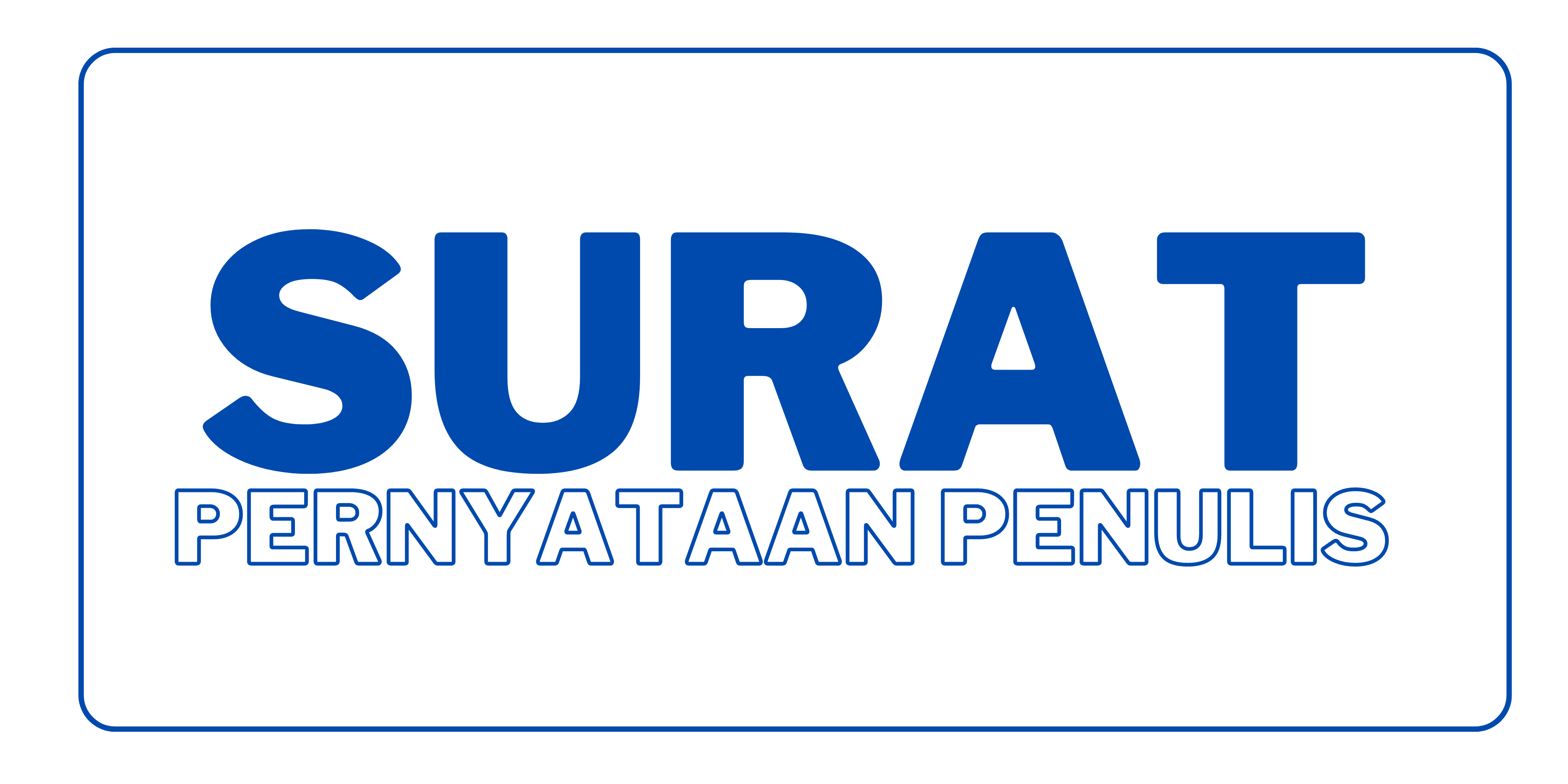THE EFFECTIVENESS OF BLENDED LEARNING IN MARINE SKILLS COURSES
DOI:
https://doi.org/10.70799/jumma.v4i1.48Keywords:
Blended Learning, Nautical Astronomy, IMO, STCWAbstract
Since COVID-19 hit the world, Marine Colleges and schools in the world have experienced severe disruption. The challenge that arises is how to maintain the quality of education and training while still upholding the Knowledge, Understanding and Proficiency as required in the Standards of Training, Certification and Watchkeeping for Seafarers (STCW). To solve this problem, the IMO through a Circular in 2020 requires each member state to develop specific tips on dealing with the problem. Blended Learning is one of the special tips or solutions to solve it. The purpose of this study is to explore the implementation of blended learning in Nautical Astronomy courses, develop appropriate blended methods and see the effectiveness of the implementation of blended learning. The method used is participatory research of actions with quantitative descriptive analysis. The subjects used were 27 students of the Diploma III Study Program in Nautical Studies with one lecturer who taught the course. The results showed that blended learning is very good to be implemented with criteria including: 1) it needs the readiness of planning and a mature learning system; 2) development of complete and engaging blended learning content according to bloom verbs; 3) in-depth and routine evaluation and supervision is carried out during the learning process. Blended learning in the Nautical Astronomy course has the advantage of how the material preparation is presented very well. However, there are still various weaknesses including the adaptation process of learning delivery between lecturers and students because blended-based lectures in this course have never been carried out before.











